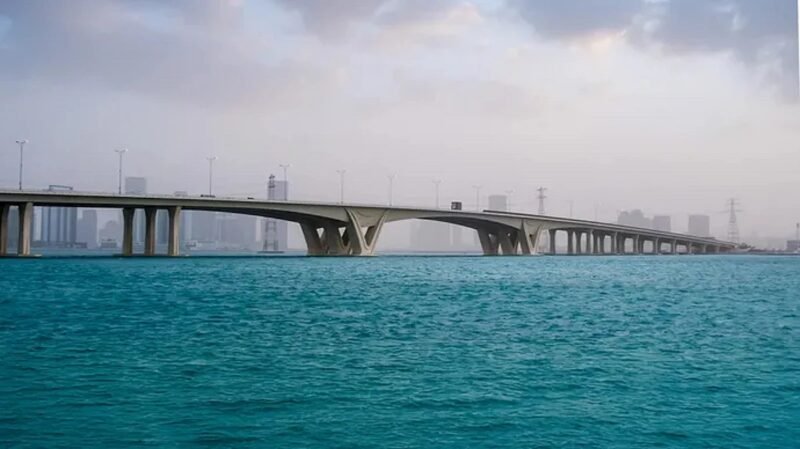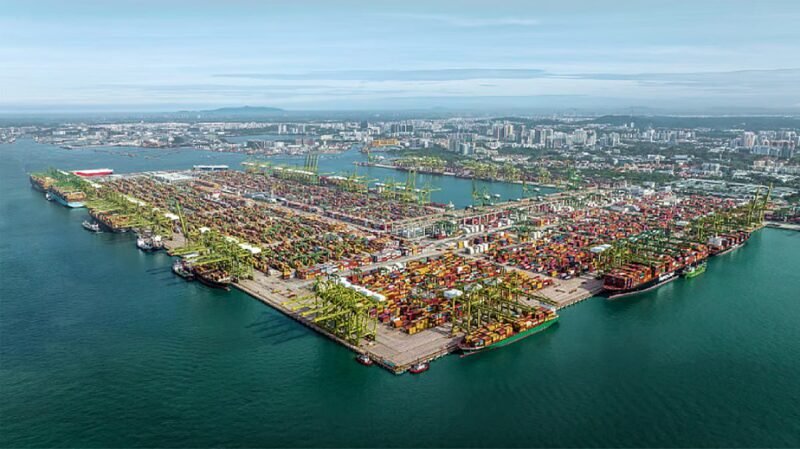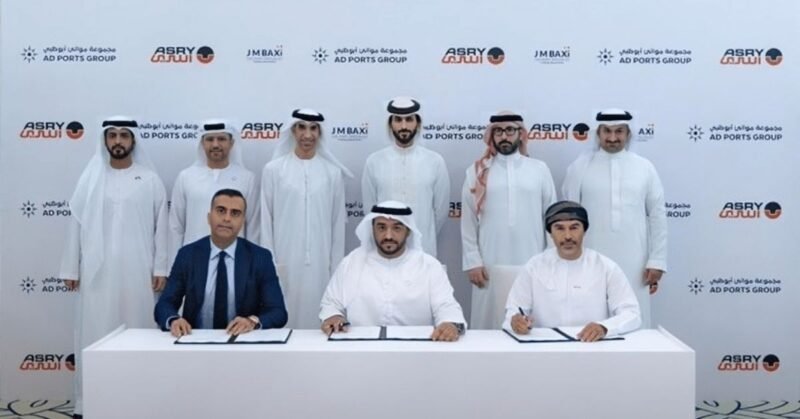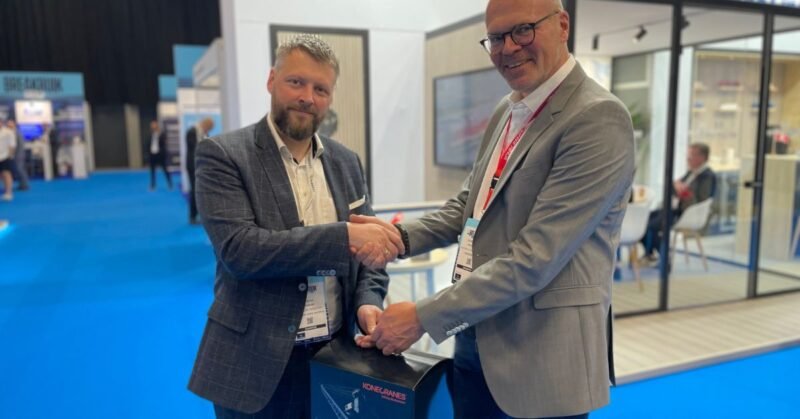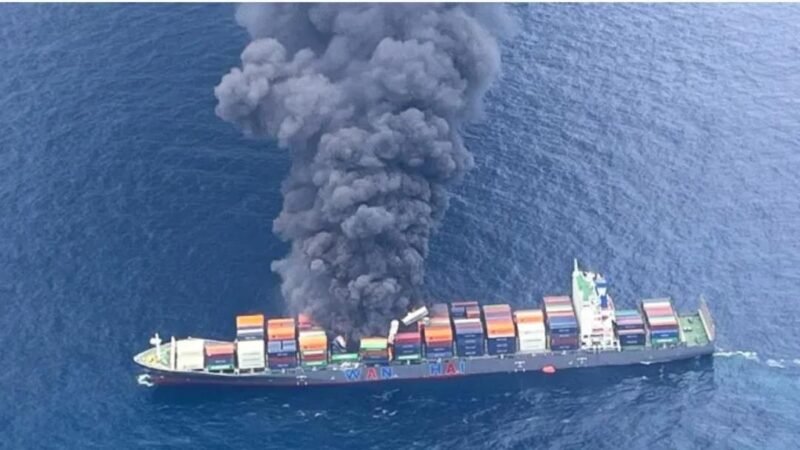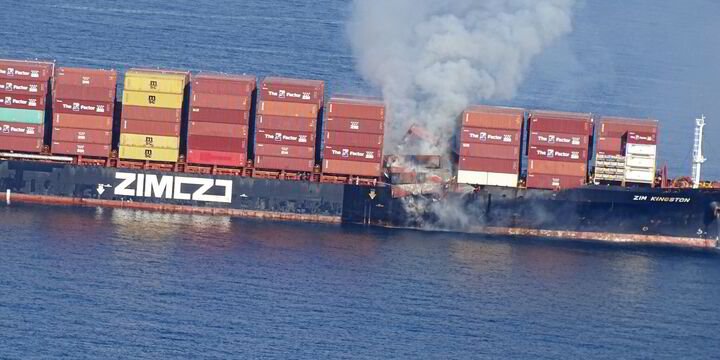New research led by UCC aims to shift the Irish shipping industry towards low-carbon fuels, with potential international implications. Shipping is responsible for 3% of global CO2 emissions, but efforts to move away from fossil fuels have been slow. Ships are growing in size and energy consumption, putting pressure on ports and requiring larger cranes for loading and unloading.
The ShipFuel initiative, a collaboration between UCC’s MaREI and GDG, will explore alternative fuels like hydrogen and methanol, as well as vessel technologies to achieve zero emissions by 2050. Funding from Sustainable Energy Ireland and the Department of Transport supports the critical research at a time when the industry’s lack of action on emissions poses a risk to climate targets. GDG’s expertise in renewable energy will contribute to developing cleaner shipping solutions.
With over 50,000 cargo ships globally, the industry is exploring cleaner alternatives to traditional oil-based fuels. The research could provide a proactive blueprint for the future of shipping, as more pilot projects on zero emissions technologies are underway. International efforts are crucial to reducing emissions in the maritime industry, and UCC’s research could play a valuable role in this endeavor.




